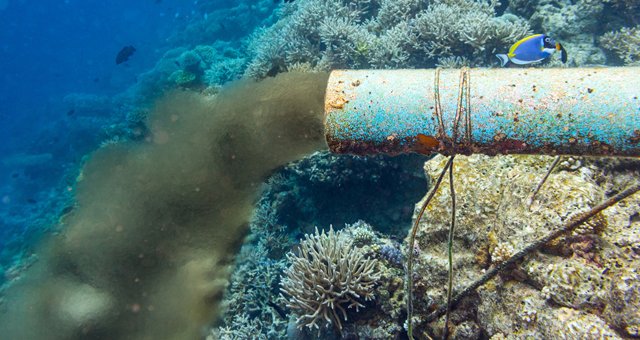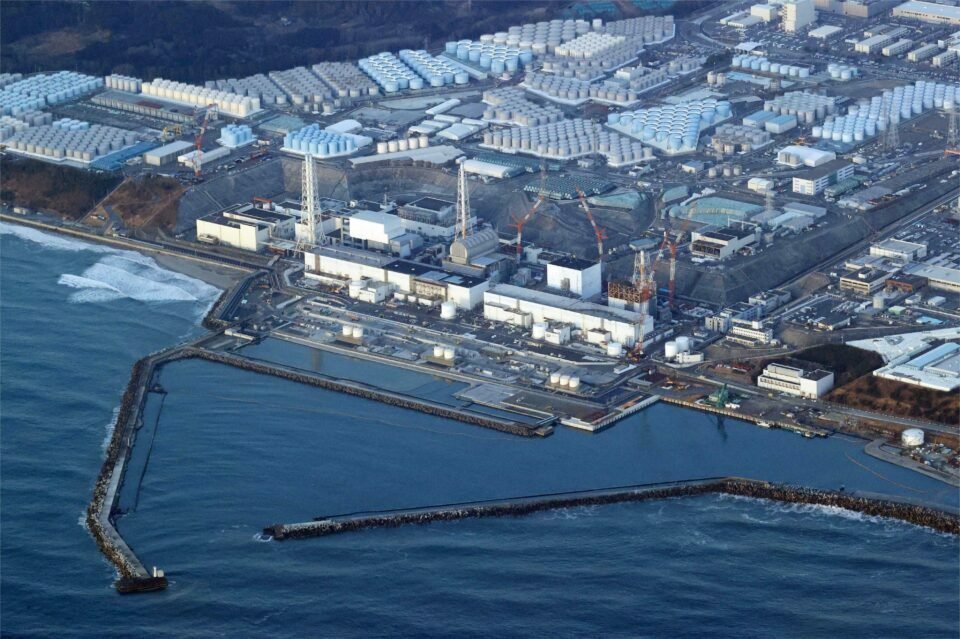In order to avoid contaminating fishing grounds, Pacific Island countries have urged Japan to postpone the release of effluent from the Fukushima nuclear power plant.
Following Japan’s announcement that treated wastewater from the Fukushima plant, which was wrecked by an earthquake and tsunami in 2011, could be released into the sea “around this spring or summer,” an appeal was made on Wednesday.
Japan said the release of Fukushima water will begin in the spring or summer.

At the wrecked facility, more than a million tonnes of water are being kept in roughly 1,000 tanks, which makes it difficult to decommission and puts them in danger of leaking in the case of a significant earthquake or tsunami.
The release of the water could have a significant impact on the fishing grounds that their economies depend on and where up to half of the world’s tuna is sourced, according to the Pacific Island Forum (PIF), a regional group of 17 island nations, many of which are still dealing with the consequences of nuclear testing decades ago.
At a live-streamed public meeting in Suva, Fiji, on Wednesday, PIF Secretary General Henry Puna stated, “Our area is firm that there be no discharge until all parties certify it is safe.”
He proceeded by noting that Pacific Islanders were still living with the aftereffects of the nuclear testing legacy on a daily basis and that “we must prevent action that may lead or mislead us towards another big nuclear contamination tragedy at the hands of others.”
In the 1940s and 1950s, the US conducted nuclear tests in the Pacific Islands. The Marshall Islands keep up their pressure on Washington for increased compensation for long-term health and environmental consequences.
Between 1966 and 1996, France conducted nuclear tests at Mururoa Atoll in French Pacific possessions.
A PIF scientific expert panel urged Japan to reconsider the garbage discharge because it was not backed by data and further information was required, according to Ken Buesseler, a scientist from the Woods Hole Oceanographic Institute, in remarks made at the conference on Wednesday.
He noted that radioactivity poses a risk of contaminating fish since it travels across the ocean with currents and tides.

The idea has also drawn criticism from China and South Korea, as well as organizations like Greenpeace, which are Japan’s neighbors in the region.





